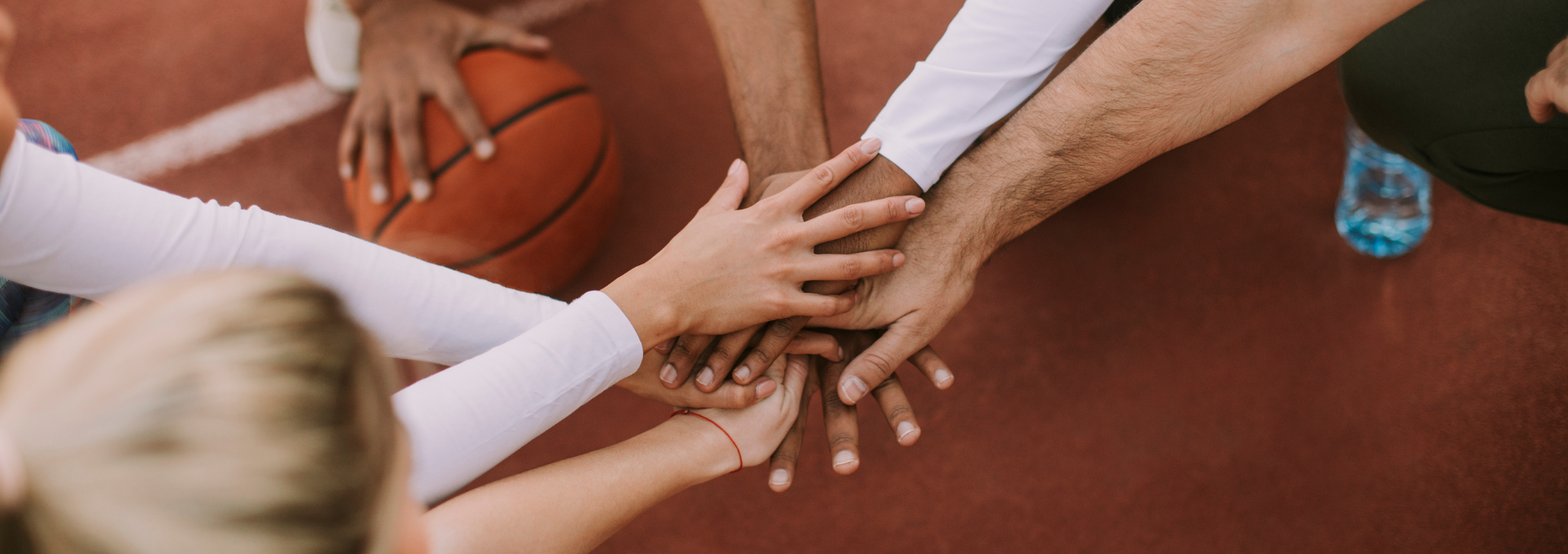
Fall is one of the busiest times of year for high school students. Between the excitement of football games, soccer practices, cross-country meets, and the start of a new academic year, it can feel like there aren’t enough hours in the day. For student-athletes, the challenge is clear: how do you balance sports and academics without letting one suffer?
The good news is that with smart planning and a few key habits, it’s possible to succeed both on the field and in the classroom.
Why Balancing Sports and Academics Matters
Student-athletes often hear that sports build discipline, teamwork, and leadership—skills that also help in school. But when practices run late, game days eat into study time, and fatigue sets in, even the most organized students can fall behind. Learning how to balance sports and academics not only reduces stress but also sets you up for long-term success in college and beyond.
5 Strategies to Balance Sports and Academics
1. Create a Structured Schedule
Start by writing down all of your commitments—practice times, games, school hours, homework, and study sessions. Use a planner or a digital calendar to block out time. Treat study sessions with the same commitment as practice so nothing gets skipped.
2. Prioritize Tasks Daily
Not all assignments are created equal. Learn to identify what needs immediate attention versus what can wait. Completing homework in small chunks before or after practice can prevent late-night cramming.
3. Communicate With Coaches and Teachers
If a game or meet conflicts with a test or major assignment, talk to your teachers in advance. Most educators are supportive if you show responsibility and plan ahead. Likewise, letting your coach know about academic pressures can help them support you during busy weeks.
4. Use Travel and Downtime Wisely
Long bus rides to away games? That’s prime time to review notes, read a chapter, or quiz yourself with flashcards. Small pockets of productivity add up and can make a big difference in staying caught up.
5. Take Care of Your Health
Balancing sports and academics requires energy and focus. That means prioritizing sleep, eating well, and managing stress. Skipping rest or meals might seem like a way to gain extra study time, but it usually backfires with lower performance in both school and sports.
The Benefits of Learning to Balance Sports and Academics
When you learn to balance sports and academics, you gain more than good grades and wins on the field. You develop time-management skills, resilience, and self-discipline—all qualities that stand out to college admissions officers and scholarship committees.
Balancing fall sports and academics is not about choosing one over the other—it’s about learning how to manage both successfully. With the right habits, communication, and planning, student-athletes can excel in the classroom while enjoying the thrill of competition.
